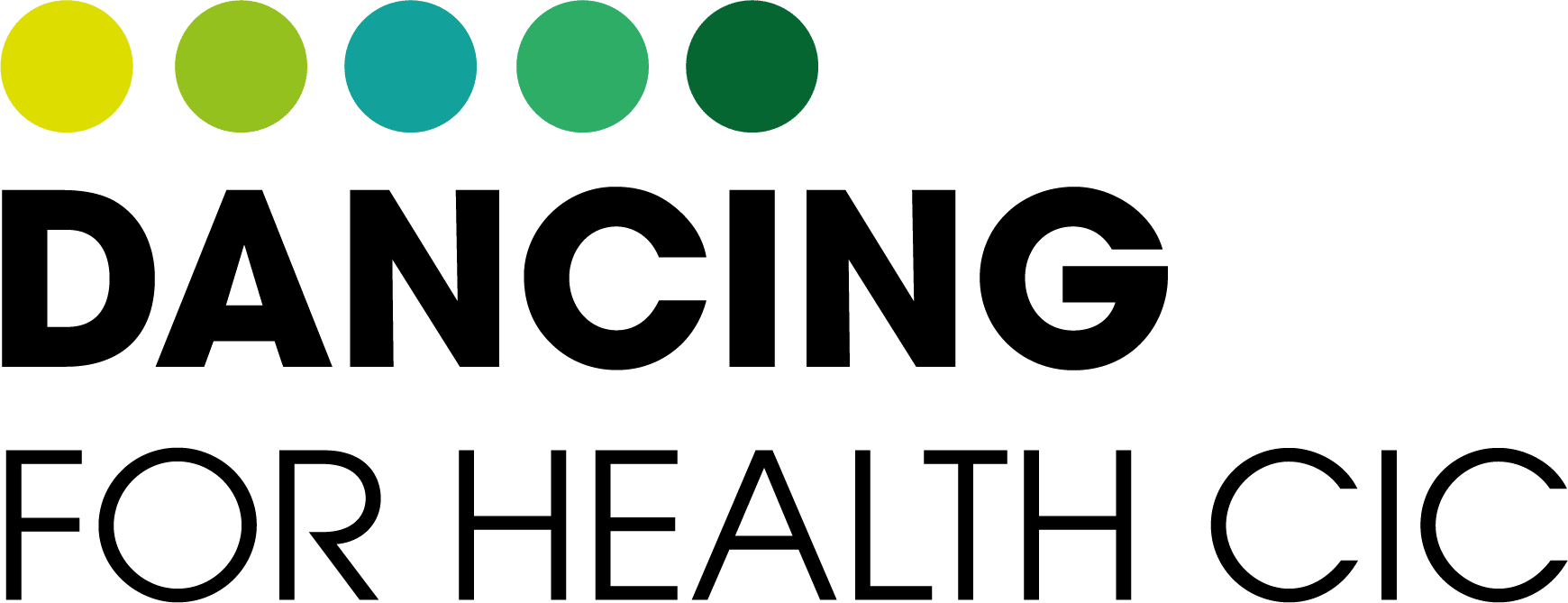Absolutely thrilled to announce we have been awarded just over £10k from Sport England. This money will be split between 2 classes. This first class is seated dancing for people affected by cancer and their families. The second is a partner dance class for people affected by Parkinson’s or other long term health condition. These classes are provided free.
The intended outcome of both classes is to get more people affected by cancer, Parkinson’s and other long term health conditions impacting mobility to become physically active.
The funding will provide free seated dance activity sessions every week for people affected by cancer. Macmillan research has identified that 75% of people having cancer treatment are not engaging in any physical activity. Activity levels of people affected by cancer can fluctuate significantly during and after treatment. Participants can easily slip back into physical inactivity, but leading a physically active lifestyle during and after cancer treatment is linked to an improvement in many of the adverse effects of cancer and its treatments. This project aims to get more people affected by cancer to become physically active and to try to remain physically active. Reducing health inequalities through increasing physical activity levels, improving independence, social connections, improving strength, mobility, flexibility, coordination, balance and overall fitness and quality of life. Enabling them to cope better with their condition through building resilience. And becoming part of their active recovery or preventative healthcare solution. Clients are referred to the Dancing for Health sessions via the Macmillan Information and Support Centre at the Chesterfield Royal hospital as part of their pre-habilitation and rehabilitation programme for cancer patients. Participants can also bring along their carer or family member.
The funding will also provide partner dancing sessions for people with Parkinsons and other long term health conditions. Exercise and movement can help people with Parkinson’s improve physical activity levels and may also help slow the progression of the disease and control symptoms, especially helping with their balance. Partner dancing involves balancing through one leg at a time, the effects of prolonged sessions using balance has shown massive improvements in both mental and physical health. One participant says, “my Parkinson’s condition caused me to have 4 or 5 falls every month, but since starting the dancing I haven’t had a fall at all” Dance also offers great psychological benefits and provides a fun social activity.
Both Parkinson and cancer clients can suffer with anxiety and depression and the social interaction and support of a group dance class will be helpful at reducing their depression. These sessions offer a safe space to increase physical ability, improve mental wellbeing, to build confidence and self esteem and develop peer support. As the sessions are free to access, this reduces inequality and increases accessibility.

